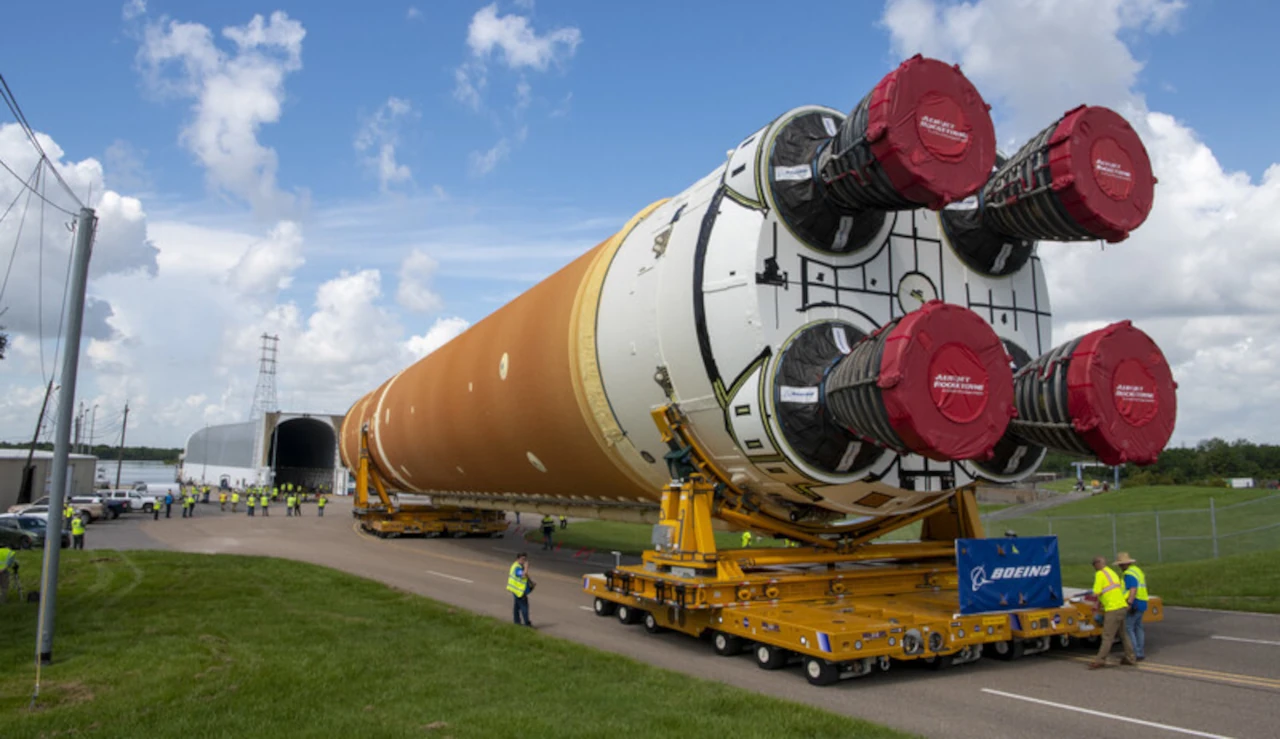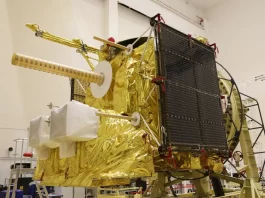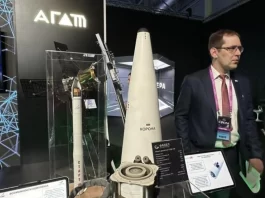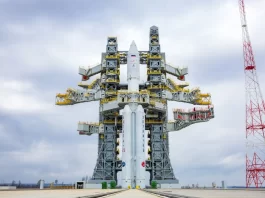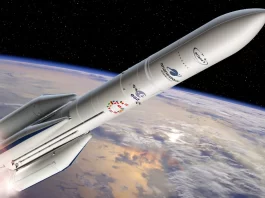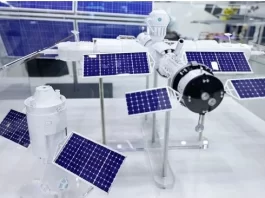Russia successfully launched the long-awaited and futuristic Angara-5 rocket for the first time. The launch took place as scheduled at 12:00 Moscow time.
Twelve minutes and twenty-six seconds after liftoff, the “Orion” booster stage separated from the rocket’s third stage, deploying the experimental payload into orbit.
The 761-ton monster will help Russia increase its level of self-sufficiency in space research.
The discovery of a defect led to the cancellation of two scheduled launches on March 9 and 10.
The original schedule for this rocket’s first launch from the Vostochny Cosmodrome was 12:00 Moscow time on April 9th. However, the automated system initiated an abort sequence two minutes before that time due to a malfunction in the oxidizer tank pressurization system of the rocket’s core stage.
Despite rescheduling the launch for the following day, the situation recurred on April 10th. Yuri Borisov, the head of Roscosmos, informed journalists that the rocket failed to launch this time due to a malfunction in the engine ignition control system.
The launch infrastructure for the “Angara” at Vostochny has been under construction since 2018. Before this, the “Angara-A1.2” light-class rocket (the first in 2014) and three “Angara-A5” heavy-class rockets from the Plesetsk Cosmodrome in the Arkhangelsk region had three launches.
Future plans call for the upgraded “Angara-A5M” to launch from the cosmodrome in the Amur region.
Given the complexity of the effort, which involves launching an entirely new space rocket, the trial-and-error stage is partly inevitable.
The Russian government intends to launch as many as fifteen Angara rockets within the next ten years to build a national orbital station. Angara-A5M will be used to send modules to and crew-crewed missions to the Russian Orbital Station.
The “Angara-A5” is environmentally friendly, as it does not use toxic fuel components, unlike the “Proton-M,” which the “Angara” will completely replace!

